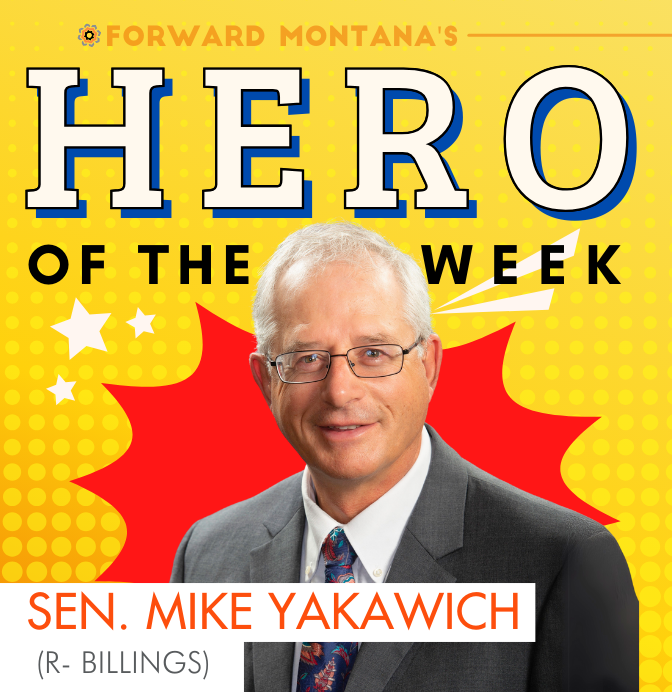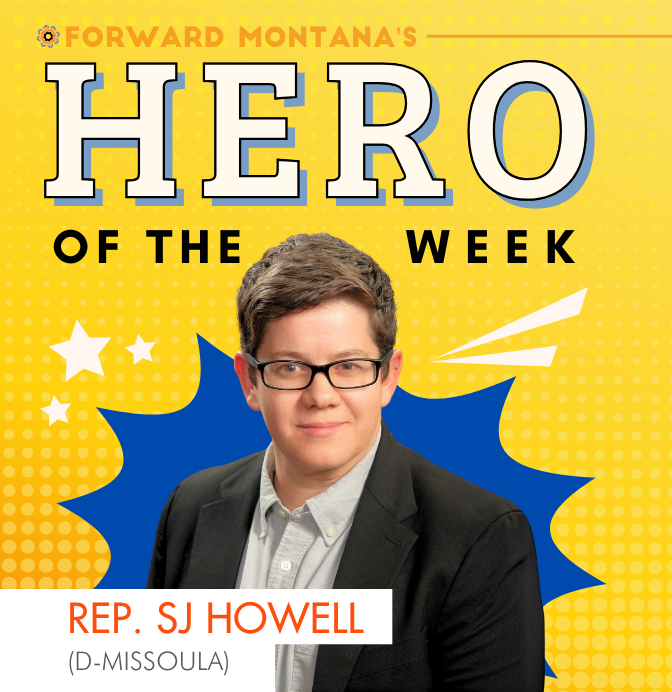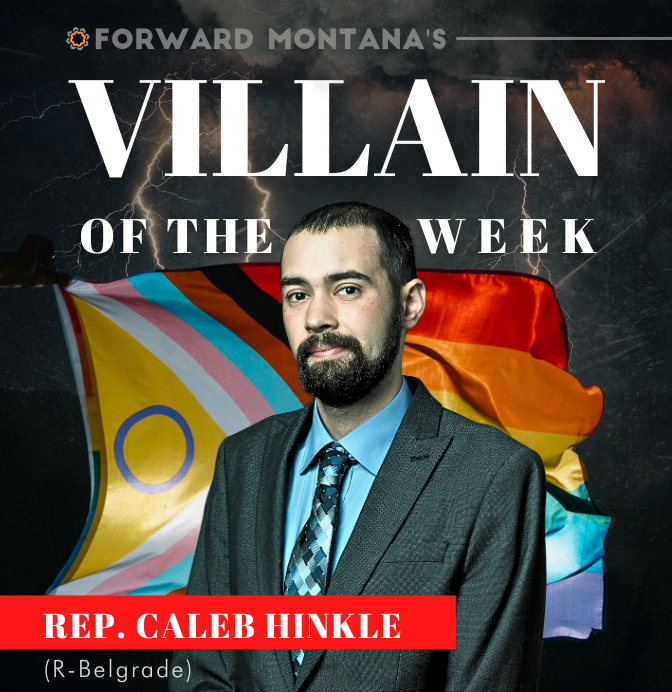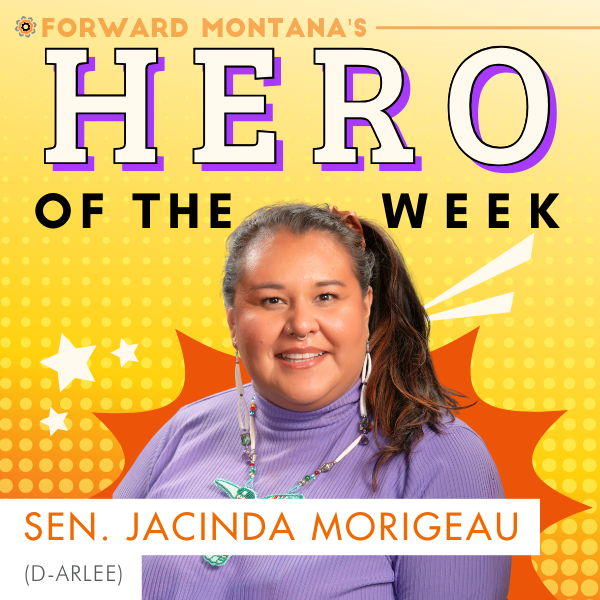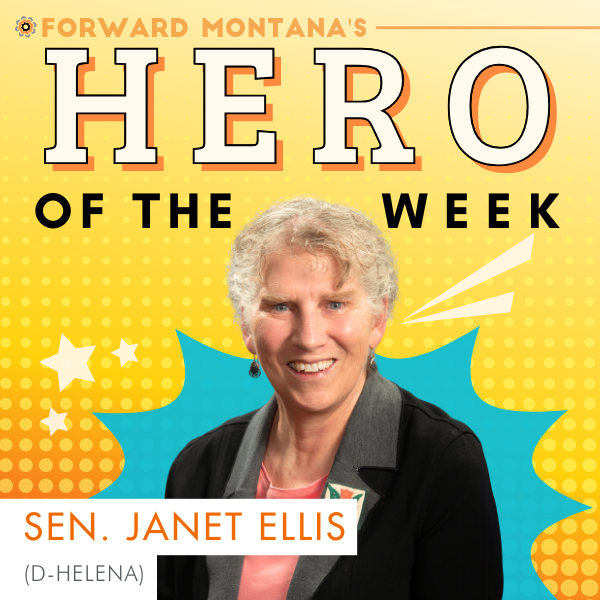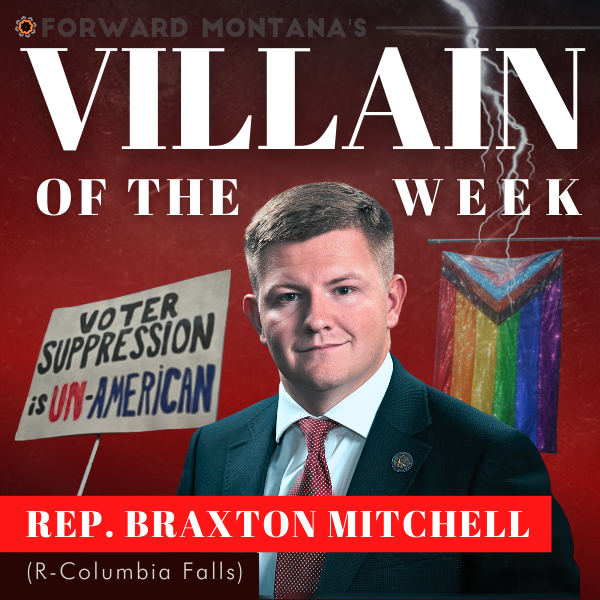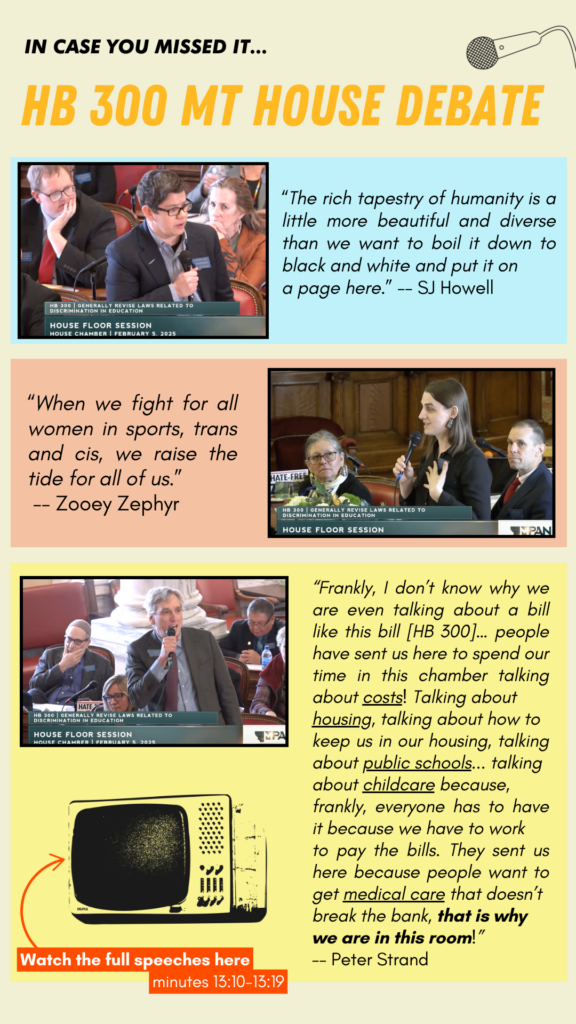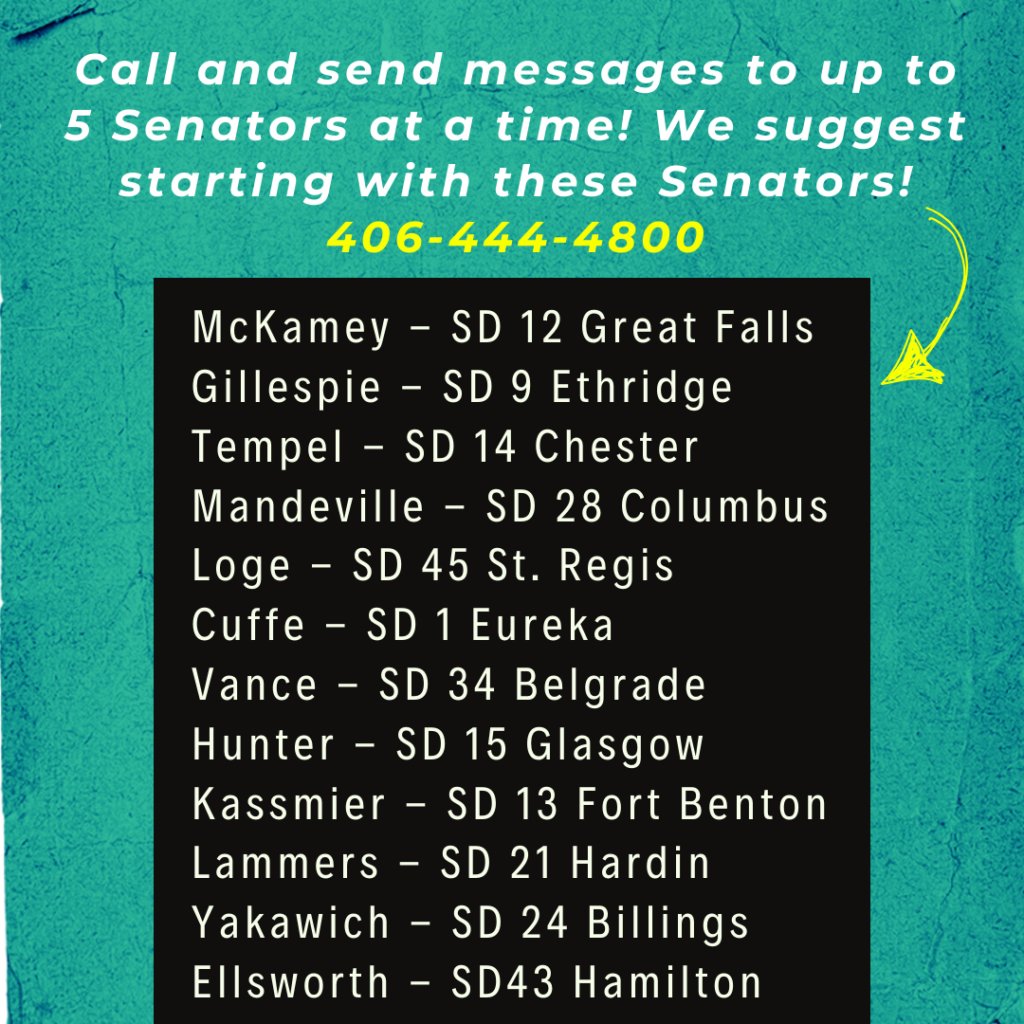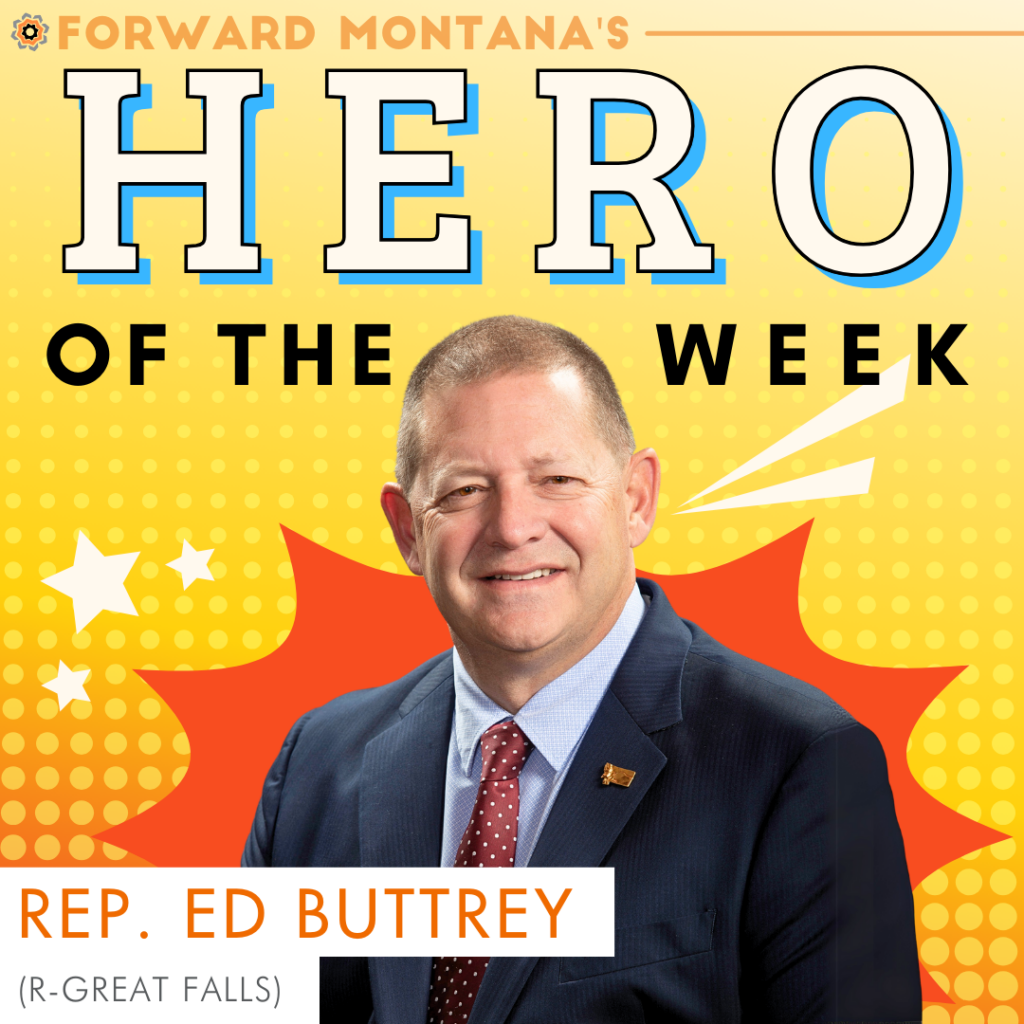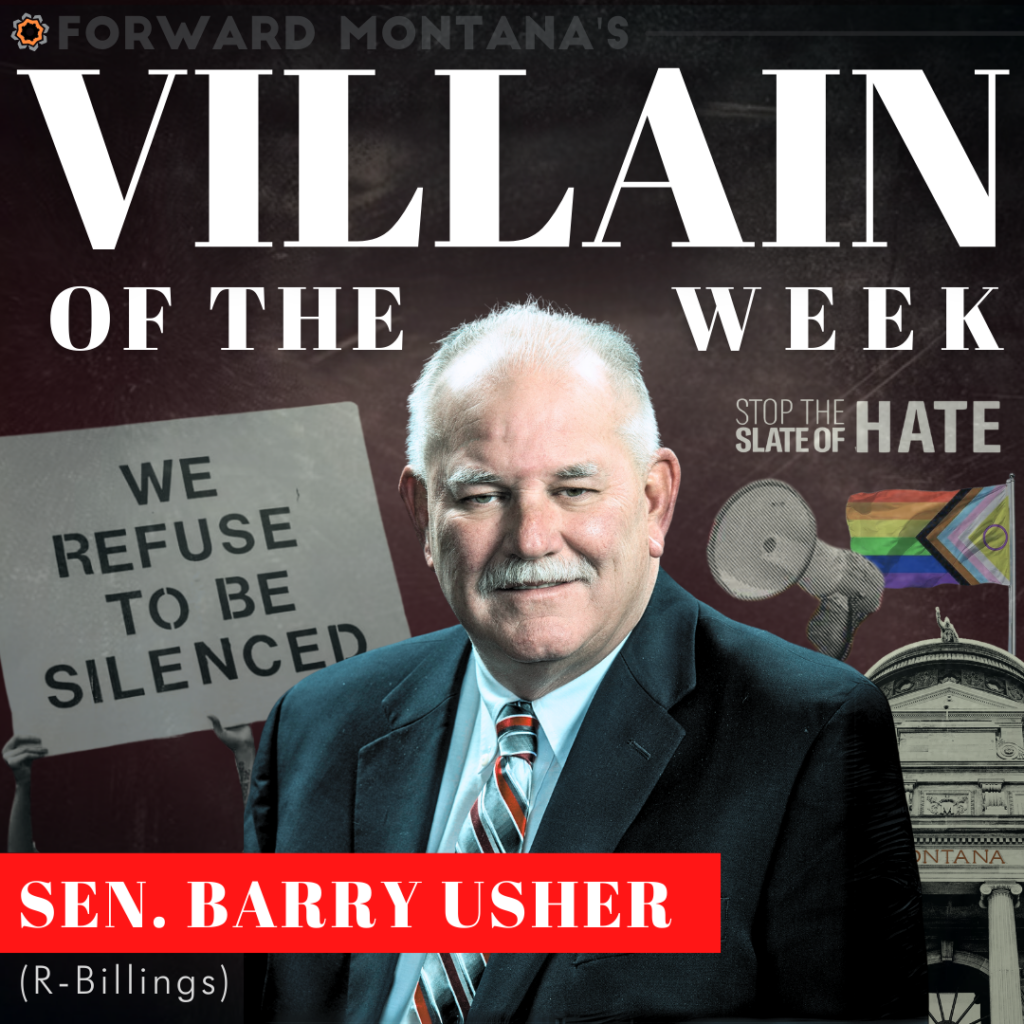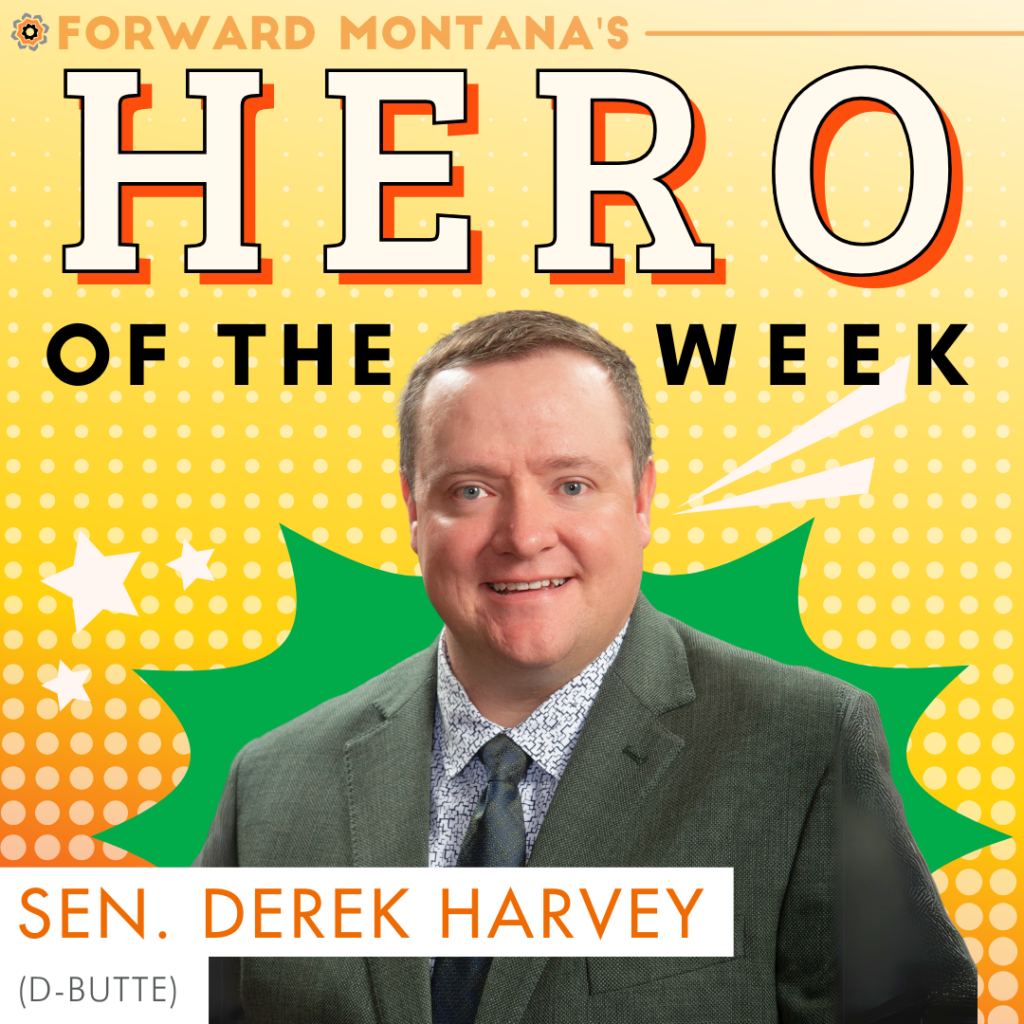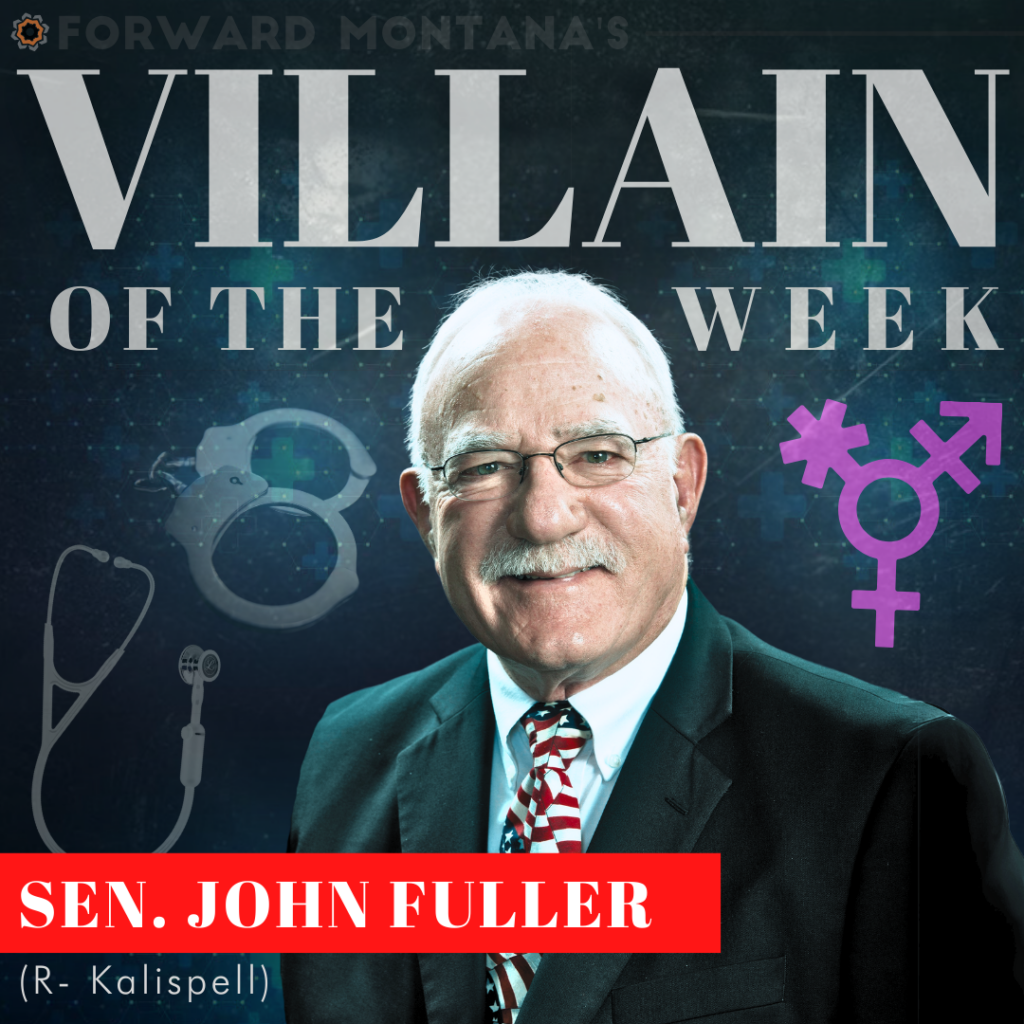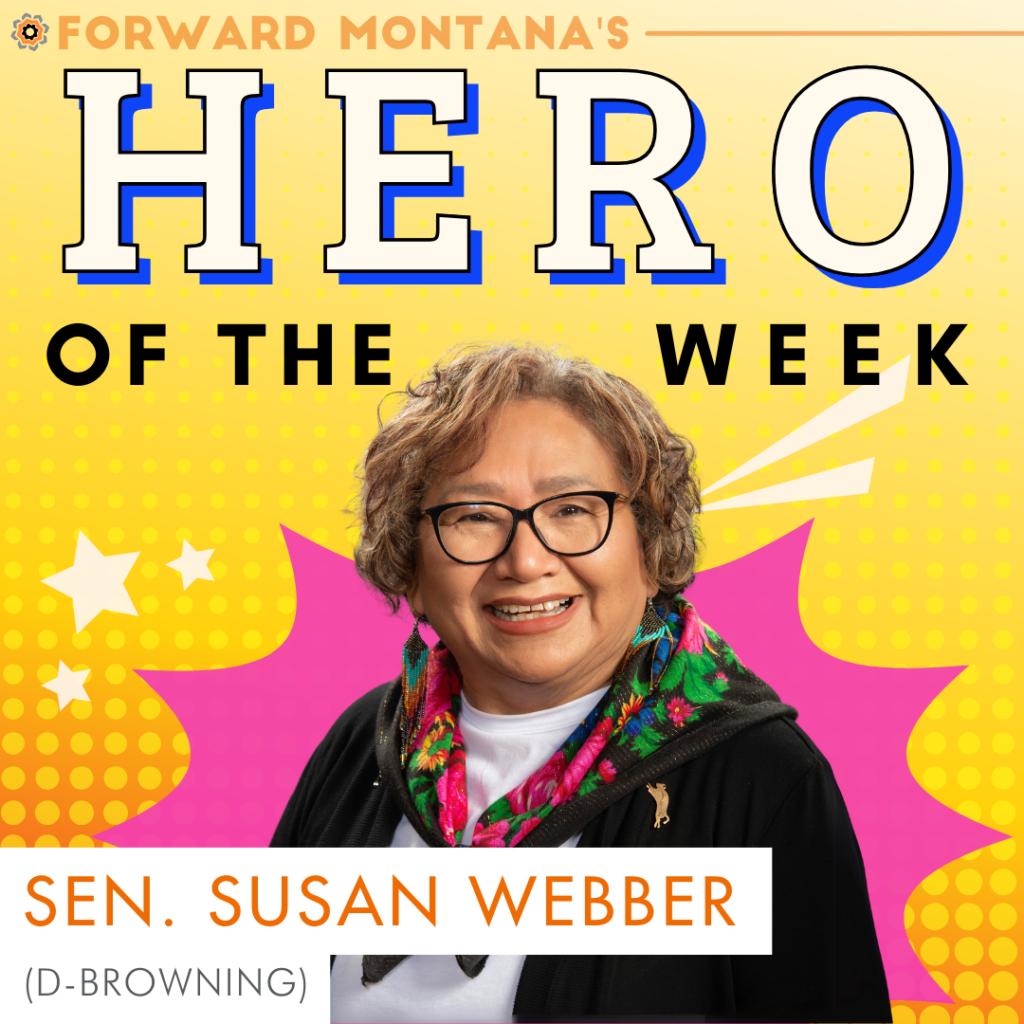Toplines: It’s Time for an Affordable Housing Market; Clean Air and Water on the Chopping Block; Plus, Watchlist & Wins
While one week certainly didn’t feel like enough time to recoup from the first half of the session we are back from transmittal break! Legislators are wasting no time, surprisingly, getting the next round of bills moving, here’s what we are watching and what we are looking out for next week.

Events, Gatherings and Rallies
Saturday, March 22nd from 4:30-7:30pm at Uptown Hearth in Columbia Falls. Join us for The Making Place’s Art Café Night! This is a perfect chance to engage with the community, support civic participation, and enjoy a creative, welcoming atmosphere. Come for the art, stay for the impact, and help us ensure everyone’s voice is heard before the school board election.
Monday, March 24th from 5:30-7:30pm at Shine Beer Sanctuary in Bozeman. Join us for the Bozeman Housing Happy Hour. If you are a renter, your food or drink is on us! This month, we are focused on stories — What is your housing story??
Join us at The Center on Monday, March 24th from 6-7:30pm for our MONTHLY Stitch and Bitch! Bring your current project (or start a new craft!) while you gather in an environment of support, create community, and build collective power through arts n’ crafts! A hodgepodge of embroidery, knit/crochet, and collage supplies will be available.
Monday, March 24 from 6-7pm Wilson Hall, Bozeman- Come join the MSU FMT Club Meeting for community, crafts and civic engagement! We meet in Wilson 2105 from 6-7pm every other Monday!
Join the Billings Forward Montana team at the Billings Public Library community room from 530-730 pm on Tuesday, March 25th for another fun stitch and bitch event! We’ll be talking about what’s going on in Billings, up in Helena at the legislative session and anything else YOU want to talk about with us and other community members. This will be a relaxed stitch and bitch style event so bring a craft to work on while we talk! Free food and drinks provided.
Saturday, March 29, 2025 6:30-8pm, Trans Day of Visibility – Pre Event in 732 S 1st St W, Missoula. We’ll have a Know Your Rights training, a discussion on the history of TDOV, and sign making supplies for Monday’s TDOV events. Free food and drinks provided. RSVP here.
Capitol Events
Monday, March 31 from 12-1pm at Montana Capitol Flag Plaza in Helena. Join us at the State Capitol to Rally for Trans Rights to celebrate trans joy, resilience, and community! This year’s focus: trans people fighting back against attacks from the legislature. This legislative session, we’ve seen 20+ bills that have attempted to block access to gender-affirming care, remove essential social services, and strip away our rights. RSVP here
It’s Time for an Affordable Housing Market
This week, we saw both HB 154 and SB 243 make notable progress through their hearings. HB 154, which was heard in the Senate Taxation committee, would create tax credit opportunities for low income homeowners and renters. It saw strong support with thoughtful testimony from housing advocates and community members.

Meanwhile, SB 243 heard in the House Local Government committee, would amend code to allow for taller buildings in higher population communities, saw some community members spouting incoherent arguments to block its progress.

Opponents stated that allowing for taller buildings would make it harder for folks to obtain housing in our communities. Let us be clear: these are classic “Not In My Backyard” (NIMBY) arguments. These assertions are blatantly false, meritless and quite honestly nonsensical.
Because of the current housing crisis we have three options; we build out and contribute to urban sprawl, build up (which is the goal of this bill) or we get priced out of our homes and communities (the current course). We see the choice as clear. Both bills will be voted on soon – help us keep momentum going by sending messages of support to their committees.
In an unexpected shift, HB 311 from Rep. Kelly Kortum to mandate rental application fee reimbursement had its scheduled hearing cancelled this week for the best reason: the bill was moved from a notoriously difficult committee to a committee that will more readily consider the merits of this policy.
This is huge. As previously stated, committees have a lot of power over which policies get full floor debates. HB 311 will now be heard soon in Senate Business and Labor. Start sending in your messages of support now! We’ll let you know when that hearing gets scheduled.

Clean Air and Water on the Chopping Block
Legislators wasted no time getting three bills scheduled that undermine our right to clean air and water. On Wednesday, March 18, the House Natural Resources committee heard SB 221, one of two bills still moving that would restrict the Montana Environmental Policy Act. The sponsor, Sen. Wylie Galt, claims this bill is a necessary response to Held v Montana.
Following his opening speech, proponents from the oil, gas, mining, and energy industries lined up alongside small business owners to declare the Held v Montana ruling undermines their constitutional rights to life, liberty, and prosperity and strangles the energy industry in Montana.

Appallingly, the state directors of the Department of Environmental Quality and Department of Natural Resources and Conservation also showed up in support of SB 221. But this bill would narrowly define what counts as ‘fossil fuel activity’ or ‘greenhouse gas emissions’, and erode the power of MEPA to understand which activities or projects could cause harm to our environment. This would prevent us from prioritizing clean air and water over private industry practices.

Next week, the Senate Natural Resources committee will hear the next two bills. HB 285, which would repeal language that says MEPA is supposed to prevent harm and remove the requirement that we should consider the long-term productivity and health of the land when debating the long-term impacts of development or energy projects.
Then HB 291, which would prohibit the state from regulating greenhouse gas and other air pollutants, unless the federal government does it first, completely ignoring the fact that the Montana constitution has stronger protections on clean air and water than the U.S. Constitution.

These bills have previously received bipartisan support – but we need to change that. Please send messages to both committees!
Watchlist & Wins
This week saw the legislature continue prioritizing unconstitutional and discriminatory policies, with bill hearings on three anti-trans bills: HB 446 on Thursday and SB 218 + SB 164 on Friday.
If you missed those hearings, no you didn’t because they were filled with the same hateful and blatantly transphobic language from bill sponsors and proponents. Skip messaging the committees on these bills. Instead, send comments to each Senator about HB 446 and each Representative about SB 218 & SB 164.

The next piece of anti-trans legislation, SB 437, will be heard in the House Judiciary committee on Wednesday Mar 26. SB 437 is the latest effort to define ‘sex’ in law – and legally erase transgender and intersex individuals across Montana’s legal code. Please send a message to the committee before the hearing and tell them to vote no on this unconstitutional bill.

That isn’t the only bill on Wednesday. In the same committee, we will hear SB 42, which would undermine the foundation of our fair and impartial judiciary, by mandating the partisan election of Montana judges and justices – which most Montanans are adamantly against. The House already voted down a similar bill HB 295. Send them a message, remind them of this vote, and ask them to vote down SB 42.
And a couple wins
During their Saturday, March 15 debate, Senators shocked us by voting down anti-judiciary HB 169. This bill is one of many this session to infuse partisanship into our judicial system. HB 169 specifically would have allowed judges to participate in political events and accept partisan endorsements. We were ecstatic to see it fail 22-27 on the Senate floor!

In all the hustle of pre-transmittal week, we missed sharing an historic moment for reproductive rights. On Thursday, March 6, the Senate floor debated SB 479, which spread false information that medication abortion is in our water and harming our environment. After Sen. Laura Smith and Sen. Cora Neumann shared powerful personal stories, the Senate floor for the first time in over two decades, voted down an anti-abortion policy, 25-25. Please take a moment to thank Senators who made this win possible!
Hero of the Week- Rep. Julie Darling (R-Helena)

On Tuesday, March 18, SB 224, a bill to designate Indigenous People’s Day as an official state holiday, had its hearing in the House State Administration Committee after an exciting and energized run through the Senate.
Post-transmittal, this bill continued to generate incredible momentum, drawing a long line of passionate proponents from a wide variety of backgrounds — so many, in fact, that the line stretched well beyond the committee room doors.

Proponents included an entire high school class from Arlee, who showed up in force to share what this bill means to them and their community. Unfortunately, not all moments in the hearing reflected respect. Committee member Rep. Lukas Schubert, a previous villain of the week for hateful anti-Indigenous comments, took the opportunity to badger a proponent with an irrelevant, bad-faith question.
Enter this week’s hero: Representative Julie Darling of Helena (HD 84). With grace and authority, Rep. Darling cut off the distraction, refocused the discussion, and maintained the dignity of the space. But she didn’t stop there. She called for executive action immediately following the hearing and made sure the Arlee high school students returned to the room to witness the power of their advocacy in real time.
The result? A nearly unanimous vote (save for one predictable ‘no’) to move SB 224 out of committee and onto the House floor.
Thank you, Rep. Darling, for your leadership for championing the voices of young people who will one day lead in those same halls.

Villain of the Week- Rep. Lee Deming (R-Laurel)

From the 27 bills out of the Senate Select Committee on Judicial Oversight and Reform to the push for partisan judicial elections, this legislative session is filled with debates on the power and authority of our judicial system – and increasingly, how the legislature or executive branch can circumvent that authority.
Any basic civics course teaches that the separation and balance of powers of each branch of government is essential to a thriving democracy. But, some legislators think having checks and balances on legislative decisions has amounted to ‘judicial supremacy’.

At least, that is what villain of the week, Rep. Lee Deming (R-Laurel) declared during his floor speech on HJ 14. Presenting a wild legal interpretation, Rep. Deming declared that the decision made in Marbury v Madison has been misapplied for the last 200+ years – and through this inappropriate application, the judicial branch has become more powerful than the other two branches.

Not up on your legal history? Marbury v Madison is the 1803 lawsuit in which the US Supreme Court for the first time ruled a federal law to be unconstitutional and established the precedent of judicial review over decisions made by the legislative and executive branches. Rep. Deming listed off a cherry-picked handful of controversial judicial rulings from the past two hundred years, and claimed that the judiciary should not have the ‘last word’ on whether a policy or law is unconstitutional.
This argument is misleading and dangerous – and perpetuates a narrative that could undermine the checks and balances currently protecting our constitutional rights. Thankfully, HJ 14 failed to pass the House.
For his attempt to undermine over 200 years of legal precedent that have helped protect us from government overreach, our villain of the week is Rep. Lee Deming.


















